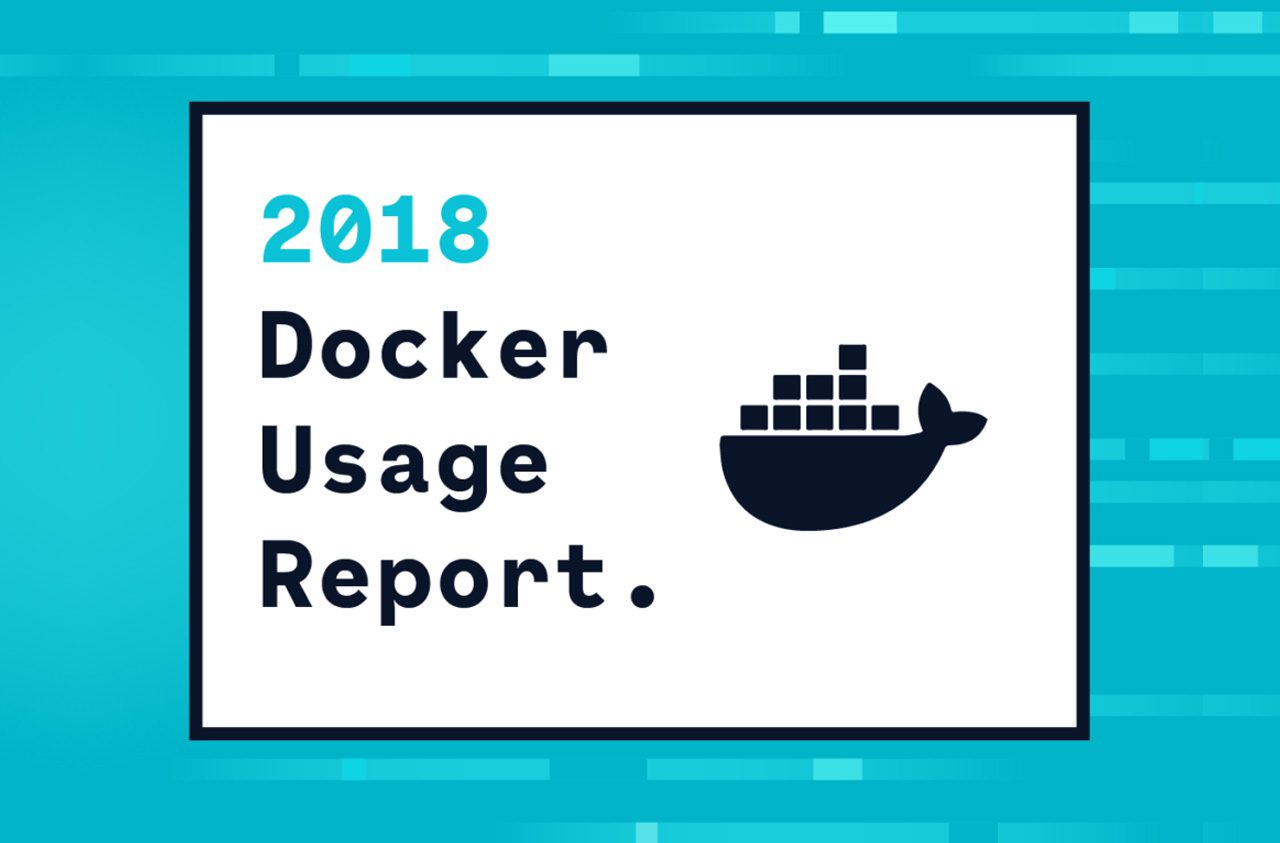Enterprises are packing in 50% more containers per host in 2018 as compared to a year before, according to 2018 Docker Usage Report by container monitoring company Sysdig. In 2017, the median number of containers per host per consumer were 10, which has now increased to 15.
The adoption of software containers is on the rise as more enterprises are deploying this technology to optimize performance of data center resources and speed up the application delivery.
An increased number of users are transitioning from bare-metal and VM-centric environments to containers. The maximum number of containers running on a single host was found 154, up from 95 in 2017.

- Docker most used container runtimes
Docker was reported to be the most used container runtimes, followed by CoreOS Rkt, and Mesos Containerizer and Linux Containers (LXC).
Docker is dominating the container runtime, used by 83% of all the containers in production. However, the other platforms are also gaining ground. With Red Hat’s acquisition of CoreOS this year, the adoption of Rkt has increased.

- 95% containers had lifespan of less than a week
Talking about the lifespan of containers, Sysdig found that 95% of the containers stayed alive for less than a week. 27% of the containers churned between 5 to 10 minutes, whereas 11% lived only for up to 10 seconds.

On the other hand, 69% of the container images were found to be updated every week. Whereas, 67% of the container-based services lived for more than a week.
The developer community is widely using the software containers to build apps just once and run everywhere. The software containers work as an alternative infrastructure for software development to the traditional virtualization.
- Kubernetes most used container orchestrator
On the container orchestration front, Kubernetes continued its dominance as the most used orchestrator, growing from 43% in 2017 to 51% in 2018. Docker Swarm also grew significantly, and surpassed Mesos.
Kubernetes is far and away from other container orchestration platforms, as it is used by tech giants like Microsoft and IBM for Azure Kubernetes Service and Cloud Container Service, respectively.
Kubernetes is also the most used platform to manage container deployments, with 82% market share.

- Mesos led container orchestration for large-scale clusters
Sysdig also reported that Mesos Marathon container orchestrator is the most popular platform when it comes to large deployments of 50 or more clusters. It can handle large-scale and enterprise-grade container and cloud clusters.
- GCR most popular container registry
According to the report, the Google Container Registry (25%) was the most used container registry, followed by Quay (20%), Docker (17%) and Amazon Elastic Container Registry (7%).

- Top application components running in containers
With more customers utilizing open source solutions to construct microservices and applications, the Java Virtual Machines (JVM) was found to be the most used application component for containers.
According to Sysdig report, the utilization of PostgreSQL and MongoDB database solutions also increased. The other widely used application components running in containers included Redis, Etcd, Nginx, Fluentd, Apache, Elastic, PHP-FPM, RabbitMQ, and Apache Tomcat.
Also read: ChefConf 2018: Chef announces Automate 2.0, Workstation and updates to Habitat and InSpec
Images source: Sysdig









Pretty component to content. I simply stumbled
upon your weblog and in accession capital to assert that I get in fact loved account your weblog posts.
Anyway I will be subscribing in your feeds or even I success you access consistently rapidly.
Hello there! I could have sworn I’ve visited this blog before but
after browsing through many of the posts I realized it’s new
to me. Anyhow, I’m certainly pleased I came across it and I’ll be book-marking it and checking back regularly!
It’s hard to find well-informed people on this topic, however, you seem like
you know what you’re talking about! Thanks